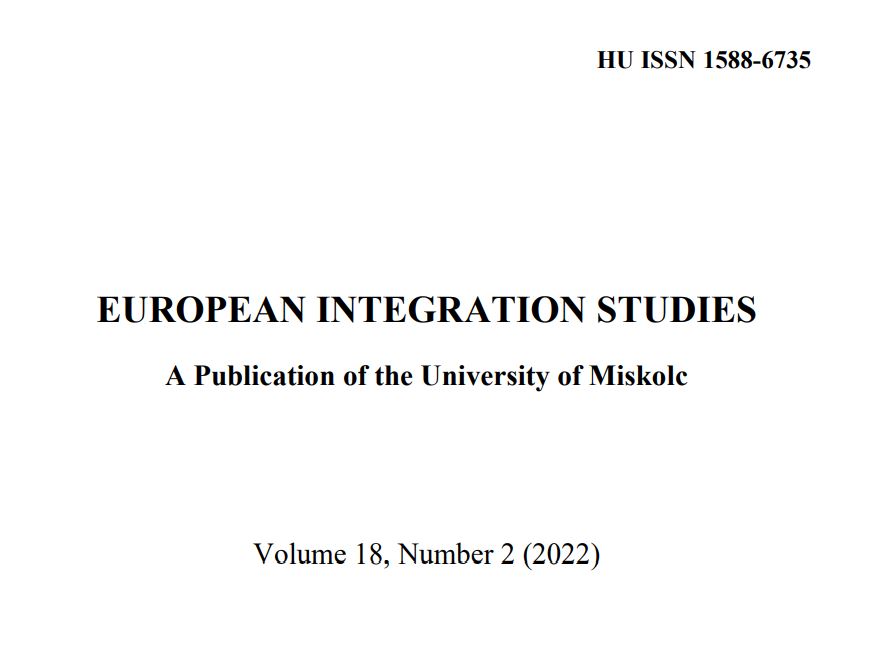The system of grounds for invalidity in Hungarian private law
DOI:
https://doi.org/10.46941/2022.e2.48-60Schlagworte:
invalidity, nullity, grounds for invalidity, system of invalidity, prohibited contracts, Civil CodeAbstract
The study analyses the system of grounds for invalidity that has developed in Hungarian private law. One of the starting points is the distinction between nullity and contestability, which distinguishes, depending on the gravity of the error in the contract, between ipso iure invalidity (nullity) and invalidity, depending on the juridical act of the aggrieved party or person with legal interest. The other systematisation aspect was based on the dogmatic triad of conditions of validity, so it was grouped according to the error of contractual intention, the error in the contractual juridical act, and the error in the intended legal effect. Errors of contractual intention include mistake, mispresentation, and unlawful threats, while errors of the contractual juridical act include formal errors in the contract. Most of the legal facts were included among the errors of the intended legal effect, e.g. a prohibited contract, a contract contrary to good morals, a usurious contract, obvious disproportionality, nullity of transferring title as security, contract terms impairing consumer rights, etc.
Literaturhinweise
REFERENCES
Bessenyő A. (2001). A jogügylet érvényessége és hatályossága – Egy civilisztikai (ál?)probléma margójára. Jura, Vol. 7, No. 2, pp. 5–18.
Darázs L. (2008). A jogszabályba ütköző (tilos) szerződések semmissége. Polgári Jogi Kodifikáció, Vol. 10, No. 5–6, pp. 14–26.
Eörsi Gy. (1992). Kötelmi jog. Általános rész. Budapest: Tankönyvkiadó.
Földi A. (1998). Érvényesség és hatályosság a végrendeleteknél. Közjegyzők Közlönye, Vol. 45, No. 7–8, pp. 2–12.
Földi A. – Hamza G. (2020). A római jog története és institúciói. Budapest: Oktatási Hivatal, pp. 487–488.
Gellén K. (2008). A színlelt szerződés. Szeged: Pólay Elemér Alapítvány.
Haitsch Gy. (2005). Adásvételi szerződés vételár része színlelt voltának megállapítása, Gazdaság és Jog, Vol. 13, No. 3, pp. 25–26.
Kecskés L. (1999). A szolgáltatás és ellenszolgáltatás értékaránytalanságának problémái a szerződési jogban II. – A felén túli sérelem (laesio enormis) klasszikus intézményének megjelenése és alkalmazása a magyar jogban. Magyar Jog, Vol. 46, No. 3, pp. 129–142.
Kemenes I. (2002). A szerződés érvénytelenségének egyes kérdései a gazdasági szerződéses gyakorlatban. Polgári Jogi Kodifikáció, Vol. 4., No. 2, pp. 7–27.
Lallossevits J. – Lányi M. (1913). Magyar magánjog kézikönyve I. Budapest: Grill Károly Könyvkiadóvállalata.





